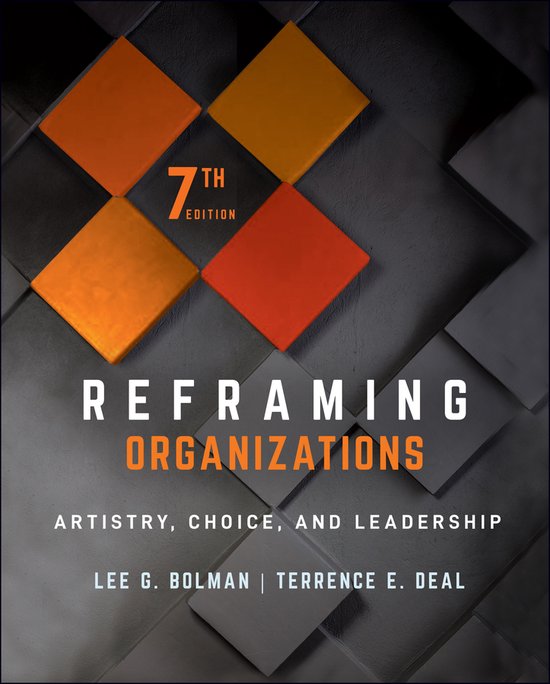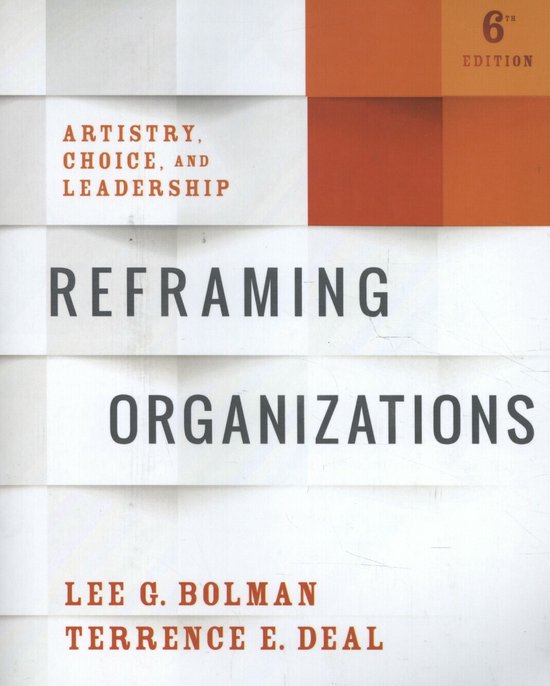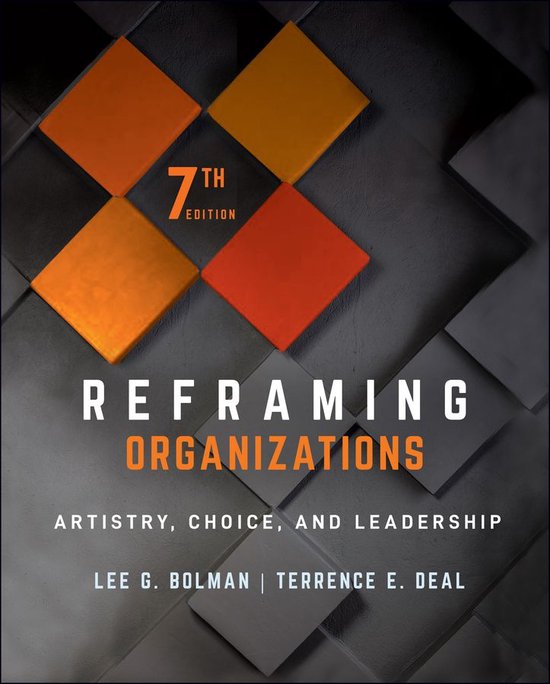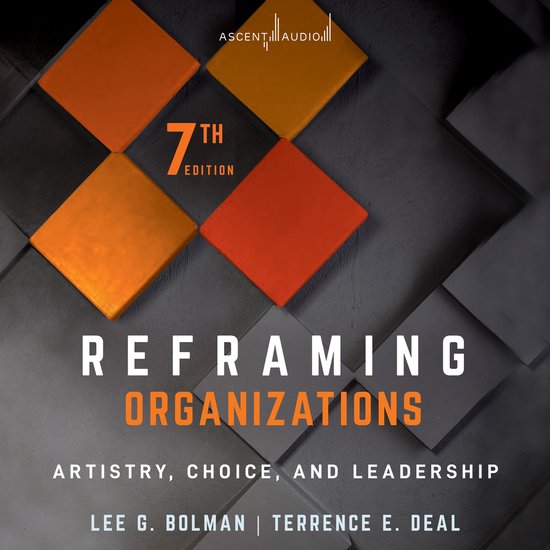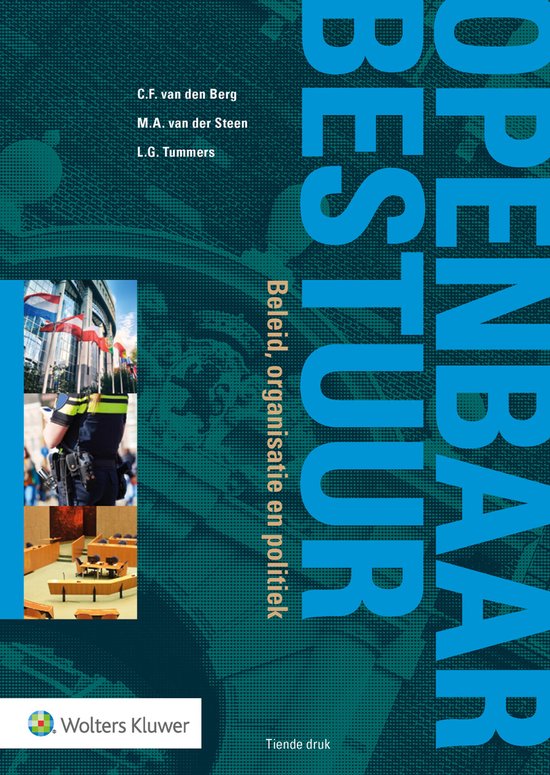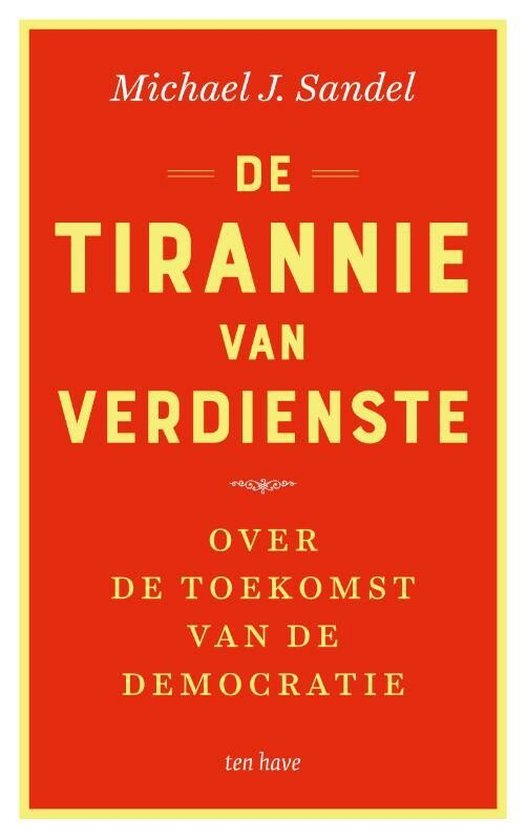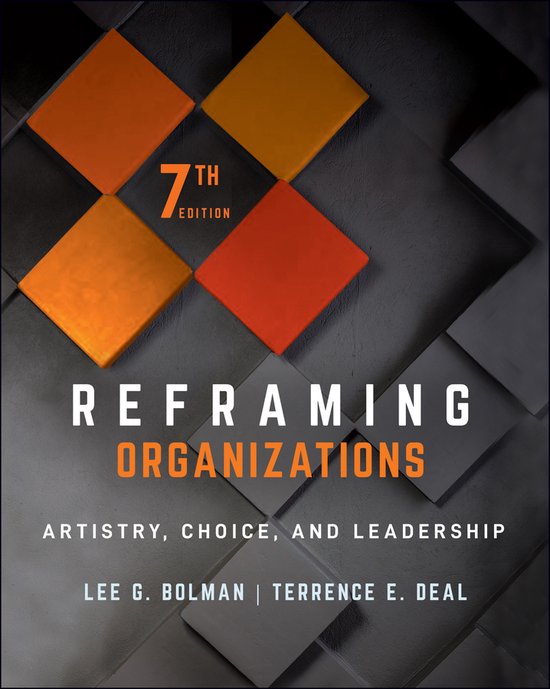
Reframing Organizations
AN ELEGANT FRAMEWORK FOR MORE EFFECTIVE LEADERSHIP
Bolman and Deal’s four-frame model has been transforming business leadership for over 40 years. Using a multidisciplinary approach to management, this deceptively simple model offers a powerful set of tools for navigating complexity and turbulence; as the political and economic climate continues to evolve, this model has never been more relevant than today.
The Structural Frame explores the convergence of organizational structure and function, and shows why social architecture must take environment into account. Case studies illustrate successful alignment in diverse organizations, and guidelines provide strategic insight for avoiding common pathologies and achieving the right fit.
The Human Resource Frame dissects the complex dynamics at the intersection of people and organizations and charts the leadership and human resource practices that build motivation and high performance.
The Political Frame shows how competition, conflict, and the struggle for power and resources can be either a tool for growth or a toxic landmine for an individual or organization. Case studies show how both constructive and destructive practices influence social, political, and economic trends both within and beyond organizational boundaries.
The Symbolic Frame defines organizational culture, and delves into the emotional and existential underbelly of social life. It underscores the power of symbolic forms such as heroes, myths, and rituals in providing the glue that bonds social collectives together.
The Seventh Edition has been updated with new information on cross-sector collaboration, generational differences, virtual environments, globalization, cross-cultural communication, and more, with an expanded Instructor’s Guide that includes summaries, mini-assessments, videos, and extra resources.
AN ELEGANT FRAMEWORK FOR MORE EFFECTIVE LEADERSHIP
Bolman and Deal’s four-frame model has been transforming business leadership for over 40 years. Using a multidisciplinary approach to management, this deceptively simple model offers a powerful set of tools for navigating complexity and turbulence; as the political and economic climate continues to evolve, this model has never been more relevant than today.
The Structural Frame explores the convergence of organizational structure and function, and shows why social architecture must take environment into account. Case studies illustrate successful alignment in diverse organizations, and guidelines provide strategic insight for avoiding common pathologies and achieving the right fit.
The Human Resource Frame dissects the complex dynamics at the intersection of people and organizations and charts the leadership and human resource practices that build motivation and high performance.
The Political Frame shows how competition, conflict, and the struggle for power and resources can be either a tool for growth or a toxic landmine for an individual or organization. Case studies show how both constructive and destructive practices influence social, political, and economic trends both within and beyond organizational boundaries.
The Symbolic Frame defines organizational culture, and delves into the emotional and existential underbelly of social life. It underscores the power of symbolic forms such as heroes, myths, and rituals in providing the glue that bonds social collectives together.
The Seventh Edition has been updated with new information on cross-sector collaboration, generational differences, virtual environments, globalization, cross-cultural communication, and more, with an expanded Instructor’s Guide that includes summaries, mini-assessments, videos, and extra resources.
| Auteur | | Bolman, Lee G. |
| Taal | | Engels |
| Type | | Paperback |
| Categorie | | Managementboeken |
